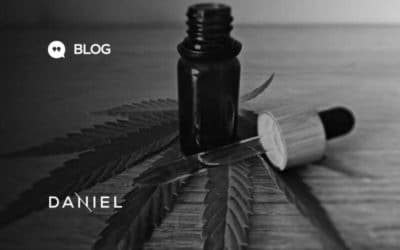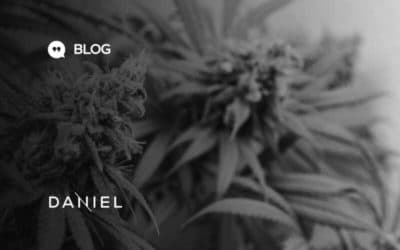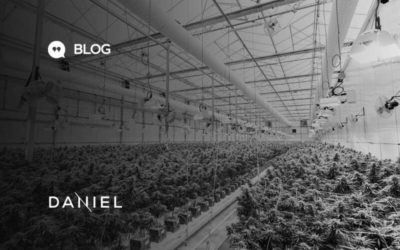CANNABIS

The cannabis industry in Brazil has undergone significant changes in recent years. Due to the progressive dissemination of scientific data proving the efficacy and safety of the use of cannabis, the discussion around the legalization and medicinal use of the Cannabis sativa plant has gained more and more space in Brazilian society, provoking heated debates and awakening the interest of various sectors.
Regarding the medical use of cannabis, Brazil took an important step in 2015, when the National Health Surveillance Agency (ANVISA) approved the regulation of the use of cannabis-based products for patients with a medical prescription. This measure allowed patients with specific health conditions, such as refractory epilepsy, autism, chronic pain and cancer, for example, to have access to medicines containing cannabidiol (CBD) and tetrahydrocannabinol (THC), substances present in the plant.
Despite this, access to cannabis-based products in Brazil still faces obstacles, as result of too much bureaucracy and lack of options in the domestic market. Many patients depend on importing these therapeutic products, which can be a time-consuming and costly process.
Current Scenario
The good news is that the Brazilian legislation is currently being reviewed to make access to cannabis-based products more viable for the population.
Intellectual Property
The number of filings for patent applications on cannabis-related inventions has increased significantly in recent years, as this industry progressively develops.
In Brazil, the examination of patent applications related to cannabis follows the same principles and procedures applied to any other invention. That is, for a cannabis-based invention to be patented in Brazil, it must meet the basic patentability requirements, which include novelty, inventive activity and industrial application.
For example, patent protection is possible in respect of processes for obtaining transgenic plants; compositions/formulations comprising biological materials exactly as found in nature and at least one further component (excipient/carrier) that does not represent a mere dilution of a non-patentable subject matter; therapeutic uses of cannabis/cannabis derivatives, among others.
It is important to highlight two main obstacles that applicants may face during the examination of cannabis technology in Brazil:
- natural plants and parts thereof are not eligible for patent protection in Brazil, as they are not considered to be inventions; and
- genetically modified plants are not considered to be patentable in Brazil.
Multidisciplinary team
 Key Contacts
Key Contacts
 Related Insights
Related Insights
Articles
Brazilian PTO annuls patent for CBD based drug
In a decision published on 27 July, the Brazilian PTO annulled the patent for the drug Myalo, a CBD based medicine marketed by the company Prati-Donaduzzi. As discussed in our previous article on...
Cannabis in Brazil: a synopsis of current market
Recent events in Brazil may be seen as further steps in a slowly changing position in the cannabis market across the region. Such change takes place with the background of growing investment in the...
The role of ANVISA in cannabis related patents
As mentioned in our previous post on this topic, patent applications for pharmaceutical products or processes must be submitted to ANVISA (The Brazilian Health Surveillance Agency) for prior consent...
Materials
ANVISA approves regulatory impact analysis report on cannabis products for medical purposes
It is not news that cannabis-based products have been used for millennia around the world in the treatment…
Cannabis and derivatives for therapeutic purposes
Brazil is among several countries currently reviewing legislation to make access to cannabis-based medicines more viable for the population…
Brazil: main obstacles and alternatives for patent protection of cannabis-related inventions
While the number of filings of patent applications on cannabis-related inventions has increased…
Blog
Brazilian PTO annuls patent for CBD based drug
In a decision published on 27 July, the Brazilian PTO annulled the patent for the drug Myalo, a CBD based medicine marketed by the company Prati-Donaduzzi. As discussed in our previous article on the subject of Patents for Cannabis Products in Brazil, Prati-Donaduzzi...
Cannabis in Brazil: a synopsis of current market
Recent events in Brazil may be seen as further steps in a slowly changing position in the cannabis market across the region. Such change takes place with the background of growing investment in the medicinal benefits of marijuana and other narcotic substances....
The role of ANVISA in cannabis related patents
As mentioned in our previous post on this topic, patent applications for pharmaceutical products or processes must be submitted to ANVISA (The Brazilian Health Surveillance Agency) for prior consent based on a public health analysis. The government lists many...















